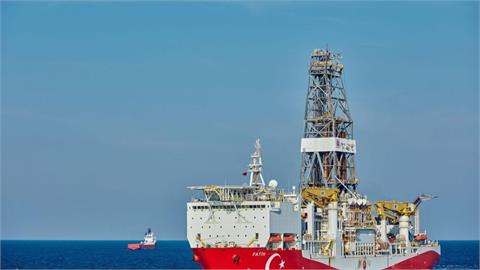Rystad Energy has revised down its oil price forecast for 2020 on Thursday amid coronavirus worries that have triggered low global oil demand. The Norway-based independent energy research and consulting firm said in a statement that it now estimates that international benchmark Brent crude will average $56 per barrel this year, down $4 a barrel from its previous estimate of $60 per barrel.
"Brent has come under renewed downwards pressure this week, trading below $55 per barrel as news of rising numbers of coronavirus cases across the world have spooked market participants," the statement said. "Rystad Energy’s latest crude oil market balances suggest that the epidemic’s net impact on oil demand could create almost the same amount of surplus crude barrels during the second quarter of 2020 as it will in the first quarter of the year," it added.
The firm said the surplus may amount to nearly 1.8 million barrels per day (bpd) unless there are additional oil production cuts in the market and based on the assumption that Libya’s oil production returns to its normal level during the second quarter of 2020. There is also an additional downside risk to oil prices unless at least 1 million bpd of crude oil is removed from the global oil market in the first quarter of 2020, the energy research firm said.
- Gas prices to fall
Natural gas prices in Europe for this year are also expected to decrease more than previously anticipated to below $4 per million British thermal units (MMBtu) on average, Rystad Energy said, adding that it estimates prices to average $3.95 per MMBtu, down 29% from the earlier estimate of $1.61 per MMBtu.
The company's forecast for Asian Spot prices has also been revised down to $4.63 per MMBtu for 2020 -- a decline of $1.69 per MMBtu from its previous estimate. In the U.S., the daily spot price at the Henry Hub national benchmark, which is used as a pricing point of natural gas in the country to set the spot and future prices, is expected to average $2.26 per MMBtu for 2020 -- a reduction of $0.29.
"The low gas prices are a result both of the coronavirus-affected demand and of an oversupply of liquefied natural gas (LNG) this year," the statement read. "Europe is reaching a limit on how large additional gas volumes it can take, as Russian volumes remain high, storages are full, and temperatures stay mild. Asian buyers should take advantage of the price slump to import higher volumes of a cheaper and less carbon-intensive fuel than coal," Carlos Torres-Diaz, Rystad Energy’s head of Gas and Power Markets, said in the statement.
Anadolu Agency



